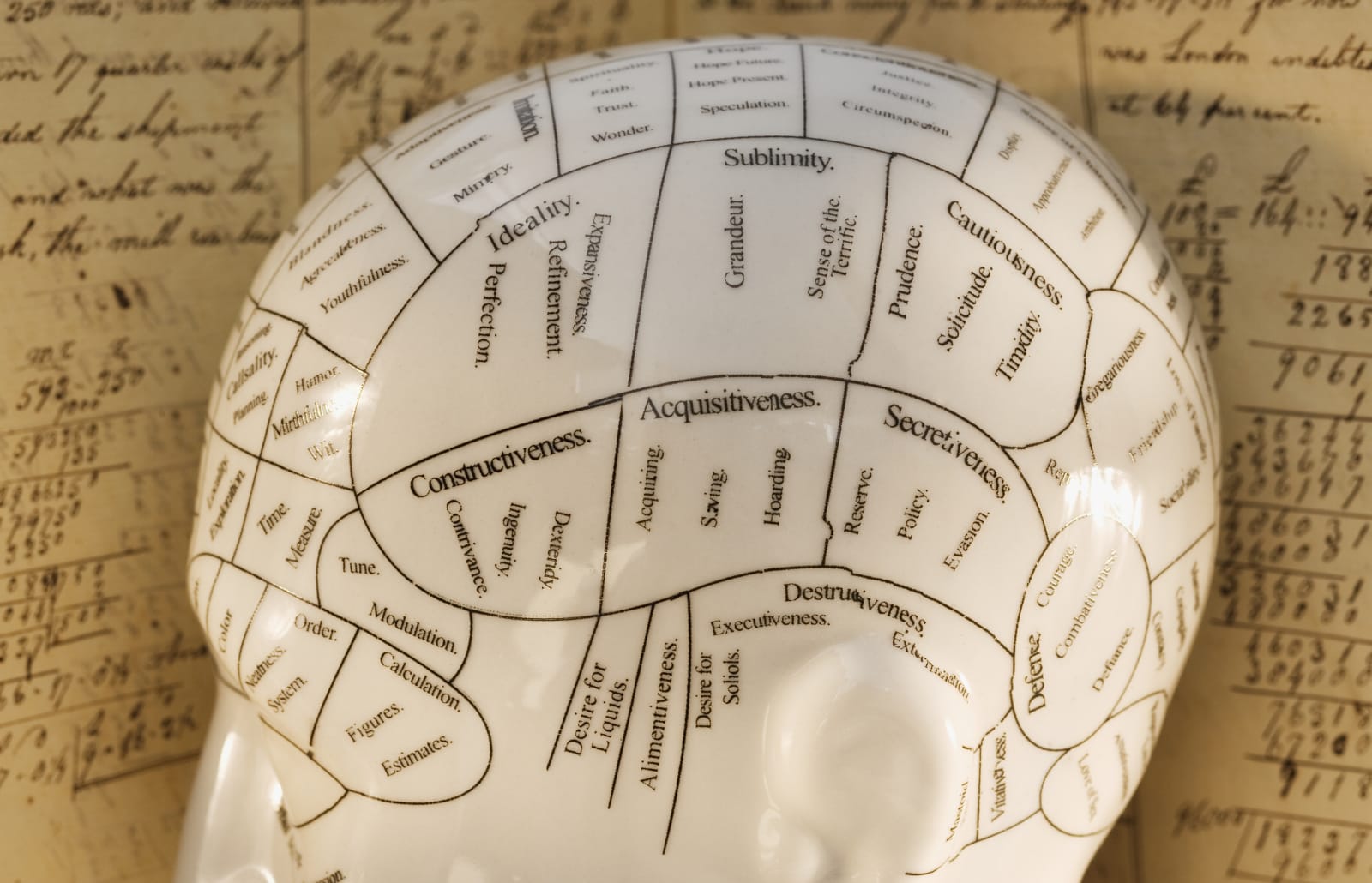
As a species, we've spent a lot of time learning how the human brain works, but we've had to go without a true, thorough map of how genes manifest themselves in our craniums; previous maps have been limited to the simpler minds of mice. The Allen Institute for Brain Science is now known to have solved that mystery by recently finishing an extensive, detailed 3D atlas of genetic expression within our own brain tissue. Accomplishing the feat required no small amount of resources, including the definition of 900 subdivisions, conducting over 62,000 gene expression probes and producing the MRI scans of two and a half brains, but the result is a potentially vital tool for neuroscience and education. Curious web users can see a visual map of gene expression based on virtually any criteria they need, whether it's a physical region of the brain, a disease type or the exact gene they'd like to track down. For many, the best news about the map may simply be that it's free and public: anyone with enough experience in genetics can learn more about what makes the mind tick through their browsers, and what they find might just lead to new discoveries.
Filed under: Science, Alt
Allen Institute completes gene expression map of the human brain in high-resolution 3D originally appeared on Engadget on Thu, 20 Sep 2012 00:51:00 EDT. Please see our terms for use of feeds.
Permalink  NewScientist
NewScientist |
 Allen Brain Atlas, Nature (paid access required)
Allen Brain Atlas, Nature (paid access required) |
Email this |
Comments
 Apple has acquired another Seattle-based AI startup, Xnor.ai. The startup specializes in low-power edge-based tools that allow AI to operate on devices, rather than in the cloud. The tech could allow Apple to bring edge-based AI software to future iP...
Apple has acquired another Seattle-based AI startup, Xnor.ai. The startup specializes in low-power edge-based tools that allow AI to operate on devices, rather than in the cloud. The tech could allow Apple to bring edge-based AI software to future iP...
 Apple has acquired another Seattle-based AI startup, Xnor.ai. The startup specializes in low-power edge-based tools that allow AI to operate on devices, rather than in the cloud. The tech could allow Apple to bring edge-based AI software to future iP...
Apple has acquired another Seattle-based AI startup, Xnor.ai. The startup specializes in low-power edge-based tools that allow AI to operate on devices, rather than in the cloud. The tech could allow Apple to bring edge-based AI software to future iP...
 Ask a neurologist -- as far as brains go, humanity has one of the largest and most complex thinking muscles on the planet. That's why researchers have never really had a good atlas of the human brain's underlying structure. According to the Allen Ins...
Ask a neurologist -- as far as brains go, humanity has one of the largest and most complex thinking muscles on the planet. That's why researchers have never really had a good atlas of the human brain's underlying structure. According to the Allen Ins...


